Patient Safety
Behind the Poster: An Interview with Dr. John Madara
John Madara, MD wanted to find a way to improve incoming residents’ ability to identify and mitigate patient safety hazards, address these hazards through teamwork and collaboration, and report safety events using an online event reporting system. Dr. Madara, the chief fellow in pulmonary and critical care medicine at Thomas Jefferson University Hospital, Willow Grove, Pennsylvania, worked with others to create an interactive, competitive “escape room” themed environment to stimulate learning and teamwork. His poster, Patient Safety Escape!: Engaging Residents in Patient Safety Education and Event Reporting, reports on the activity and its effectiveness in teaching residents about patient safety and online reporting procedures.
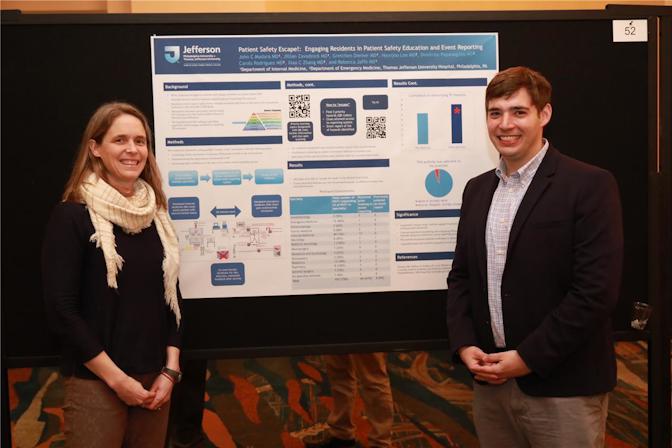
Session Summary: Successful Practices for Engaging Residents and Fellows in Patient Safety
A panel of institutional representatives and ACGME leaders discussed the successes and challenges of actively involving residents in patient safety improvement as part of the ACGME’s Pursuing Excellence in Clinical Learning Environments (Pursuing Excellence) initiative. The panel convened at a sunset session at the 2019 ACGME Annual Educational Conference.
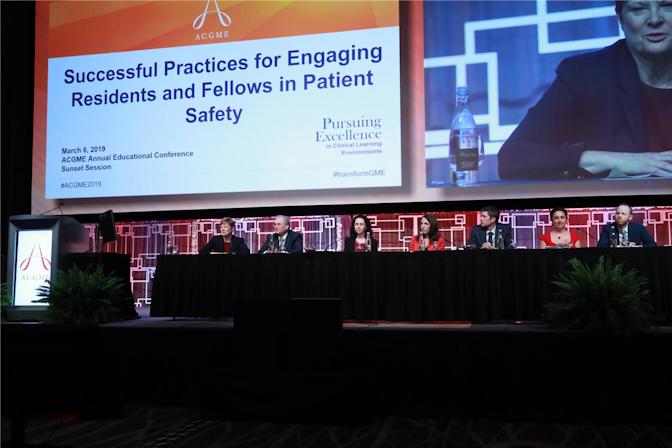
#ACGME2019 Day 2 Round-Up
On this first full day of the ACGME Annual Educational Conference, attendees were encouraged to “reignite the fire” of passion that drives them to work in graduate medical education, and to rediscover their meaning in medicine.
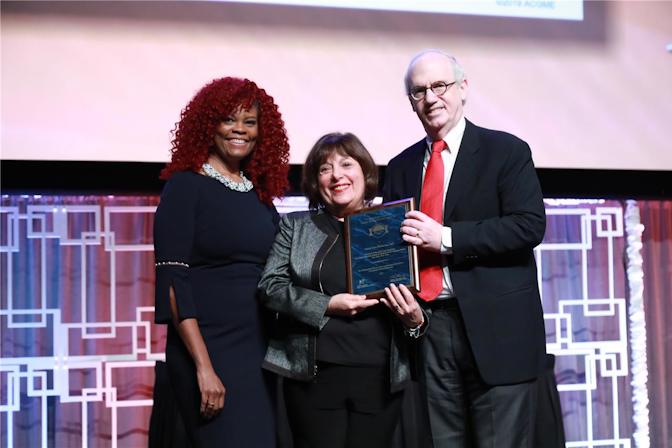
ACGME Statement about iCOMPARE study results
The ACGME welcomes the publication of the two iCOMPARE papers in the New England Journal of Medicine.
Transforming the Clinical Learning Environment: The ACGME’s Commitment to Collaborative Action
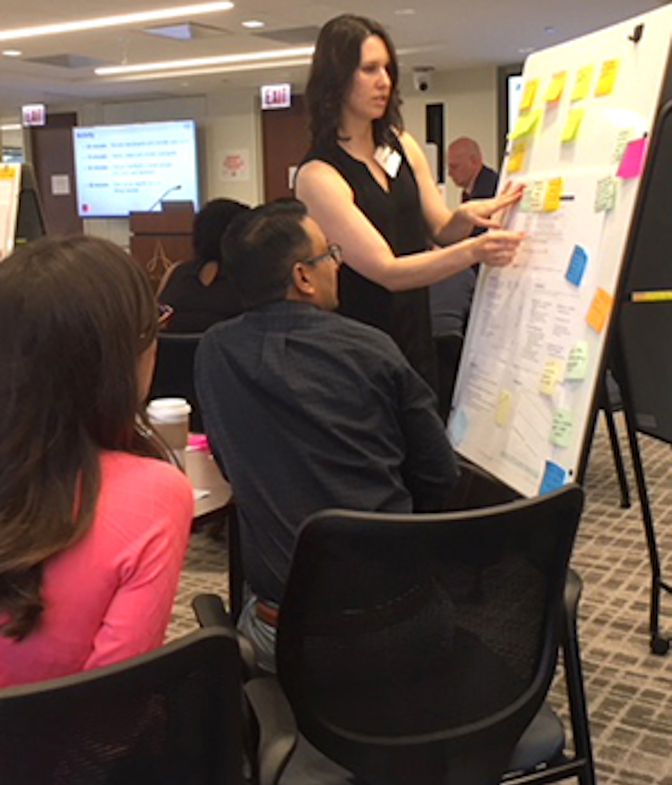
The ACGME's Baldwin Seminar Series and the Power of Interaction
Named for ACGME Senior Scholar in Residence and pioneer of interprofessional medical education Dr. DeWitt C. Baldwin Jr., the Baldwin Seminar Series has helped the ACGME shine more focus on innovation, excellence, expanded thinking, and fresh perspectives in graduate medical education.
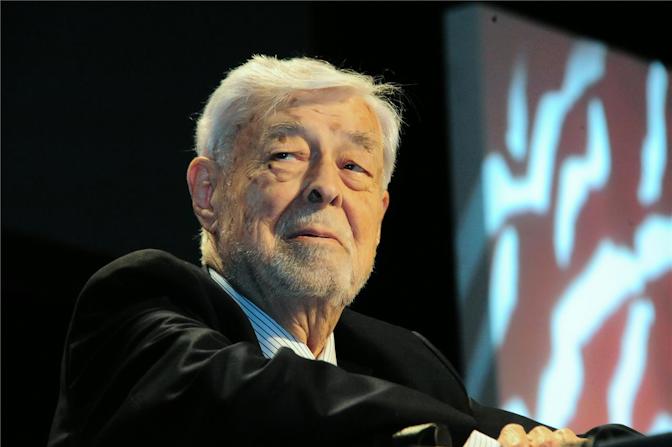
New This Year: Meaning in Medicine Featured Speakers
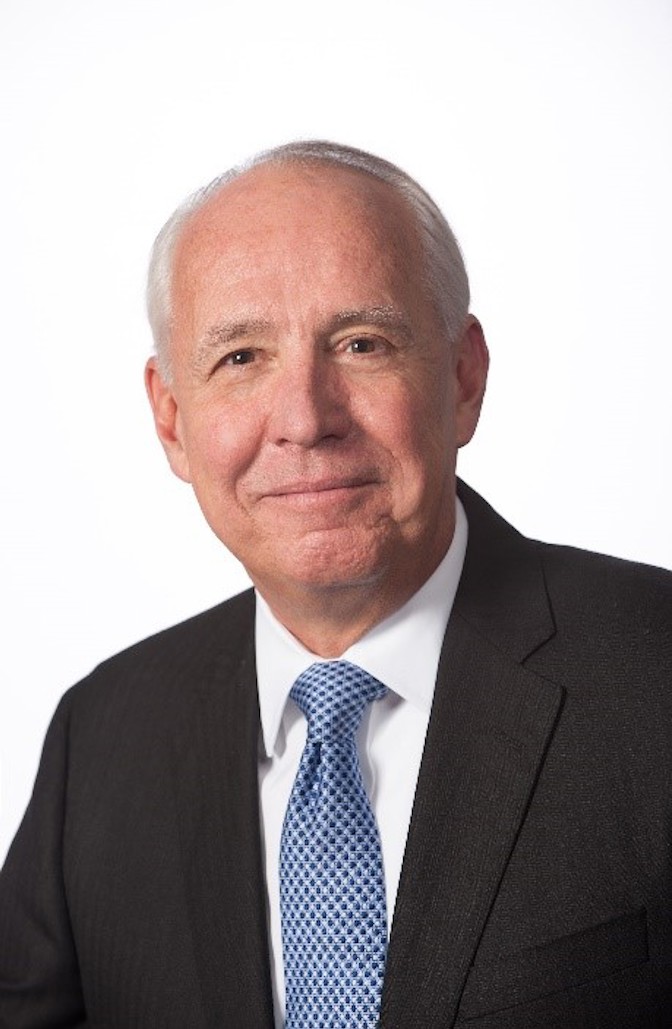
ACGME President and CEO Thomas J. Nasca Named Co-lead of NAM Opioid Collaborative Working Group
The National Academy of Medicine (NAM) announced that ACGME President and CEO Thomas J. Nasca, MD, MACP has been named co-lead of the NAM Action Collaborative on Countering the US Opioid Epidemic health professional education and training working group.
The ACGME Releases CLER National Report of Findings 2018
This second report provides insight into changing clinical learning environments, and shows improvements in resident and fellow engagement in patient safety. The first report was released in 2016.
ACGME Seeks Proposals for Institutions to Join Collaborative Focused on Quality Improvement and Health Care Disparities
In this second in a series of collaboratives, participating teams will develop and test new models that equip learners with the skills they need to better engage in systems-based approaches to delivering high-quality care.

